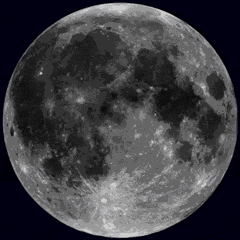In its final year in power, South Korea’s Moon Jae In administration has proposed meeting a longstanding request from North Korea to bring a formal end to the Korean War. The two Koreas, as well as the United States, have been technically at war since 1950 with neither having recognised the other and both laying claim to rule over the entire Korean Peninsula. A peace agreement would bring the world’s longest war to an end would likely see the two establish formal diplomatic relations, ease tensions on the 38th Parallel and potentially reduce military expenditures. A consistent impediment to a settlement, however, has been the reluctance of Washington to support such initiatives by the South Korean government, as well as UN economic sanctions drafted by the U.S. and its allies which seriously limit the possibility of inter-Korean economic cooperation. The position the Biden administration will take on the issue remains uncertain, but may well differ from that of the Obama administration which took a particularly hard line against Pyongyang.

North Korea declared on September 26th its readiness to hold talks for a new peace agreement, with Deputy Department Director of the ruling Workers Party’s Publicity and Information Department Kim Yo Jong stating regarding possible progress: “I think that only when impartiality and the attitude of respecting each other are maintained, can there be smooth understanding between the north and the south… I felt that the atmosphere of the South Korean public desiring to recover the inter-Korean relations from a deadlock and achieve peaceful stability as soon as possible is irresistibly strong. We, too, have the same desire.” The previous week Kim warned against “double-dealing attitudes, illogical prejudice, bad habits, and hostile stand of justifying their own acts while faulting our just exercise of the right to self-defence” by Seoul, with the subsequent statement being more conciliatory. A peace agreement with the north has the potential to boost the standing of Moon Jae In’s Democratic Party leading up to presidential elections in 2022, when his successor will face conservative opposition which has historically opposed rapprochement with Pyongyang and sought to align Seoul’s foreign policy closely with Western interests.
